
Hi, I’m a personal finance expert who loves to help you out! I’ll answer your question within a business day. Pinky swear.

A credit limit is the amount that you’re allowed to borrow on your credit card. It’s important to choose a card with a credit limit that suits how you spend. A limit too low might see you paying fees when you overspend, and one that’s too high could affect your borrowing power.
Your credit limit is based on a number of factors. The lender will take into account your credit history, income and any assets you have. You’ll be notified of your credit limit once your application has been reviewed and approved. If you’re given a credit limit of $6,000, for example, you’ll be able to purchase $6,000 per month on your card (which will need to be paid off each statement period or you’ll be charged interest).
At any time, you can apply to increase or lower your credit limit. The provider will decide whether they want to comply or not, based on your financial circumstances.
How to Request a Higher Credit Limit
You can request a higher credit limit either online or over the phone with your credit card provider. You’ll likely need to provide the same details as you did when you applied: bank statements, income slips and any other relevant financial documents. The bank will run a credit check to determine your current credit score and any red flags on your report.
To increase your chances of raising your credit limit, you can:
- Do a free credit check to make sure you’re in a ‘good’ or ‘excellent’ category. If your score is low, you may be rejected and have a black mark recorded on your credit report.
- Close any other credit cards or finalise debts. All lenders see credit card limits as debt, even if you haven’t maxed it out. So, if you have 2 cards with $6000 limits, banks will view it as $12,000 worth of ongoing debt. Close or consolidate debt as much as possible to lower your debt-to-income ratio.
- Increase your credit score. While this takes time, it’s a process you can begin as soon as possible. Make repayments on time and consolidate your debts if you can.
Is raising a credit limit a good idea?
There are a few reasons you might want to raise your credit limit, and some are better than others.
For instance, you might want a higher limit so you can earn more rewards points on your spending. Or, you might want to spend more on a credit card so you can maximise your offset account against your home loan. As long as you can pay off the balance before you start accruing interest, raising your limit might be good idea.
But, if you want to raise your credit limit because you need more available funds, you might find yourself in a debt snowball. Using credit cards to fund your daily expenses rarely works out well, and instead many people find themselves struggling to stay on top of repayments that get bigger with each passing month. In those cases, it’s worth looking at balance transfer credit cards to start paying off your debt interest-free.
It’s also worth noting that since lenders see credit limits as credit usage, it can impact your borrowing power. If you want to apply for other lines of credit like personal loans, car loans or a home loan, a higher credit limit might restrict the amount you can borrow.
Lowering a credit limit
Lowering a credit limit is as simple as contacting your credit card provider. You can likely do that through the card’s app, online portal or over the phone.
What Happens When Spending Exceeds Credit Card Limits
If you spend beyond your credit limit, one of two things will happen (depending on the credit card company). Either you’ll exceed the limit and be charged a penalty fee, or your card will be declined. It’s more likely that your card will be declined.
Photo source: Shutterstock

Pauline Hatch
Pauline is a personal finance expert at CreditCard.com.au, with 9 years in money, budgeting and property reporting under her belt. Pauline is passionate about seeing Aussies win by making their money – and their credit cards – work smarter, harder and bigger.
You might be interested in
Recently Asked Questions
Something you need to know about this card? Ask our credit card expert a question.
Ask a question
Hi, I’m a personal finance expert who loves to help you out! I’ll answer your question within a business day. Pinky swear.



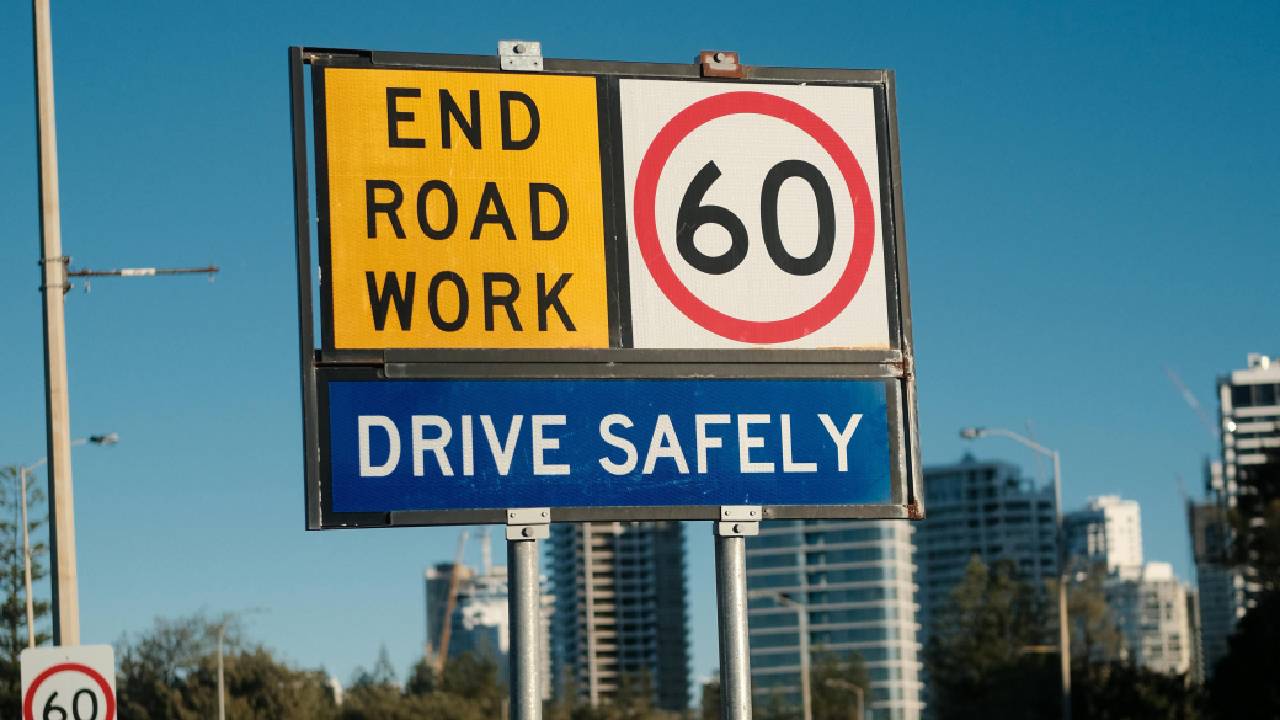

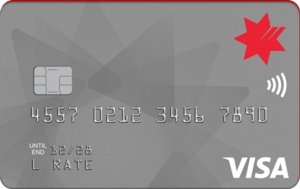
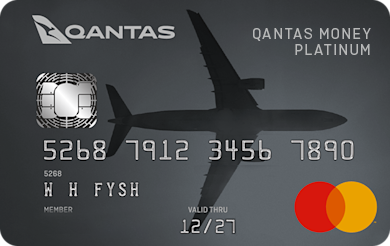
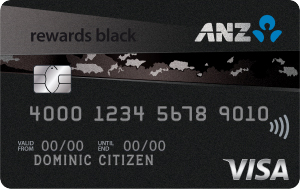
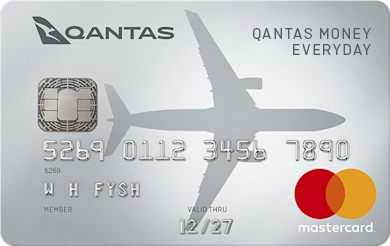







Luke
25 January 2024Pauline
31 January 2024Owen
16 March 2023Pauline
17 March 2023Clayton Knight
19 October 2021Roland
19 October 2021